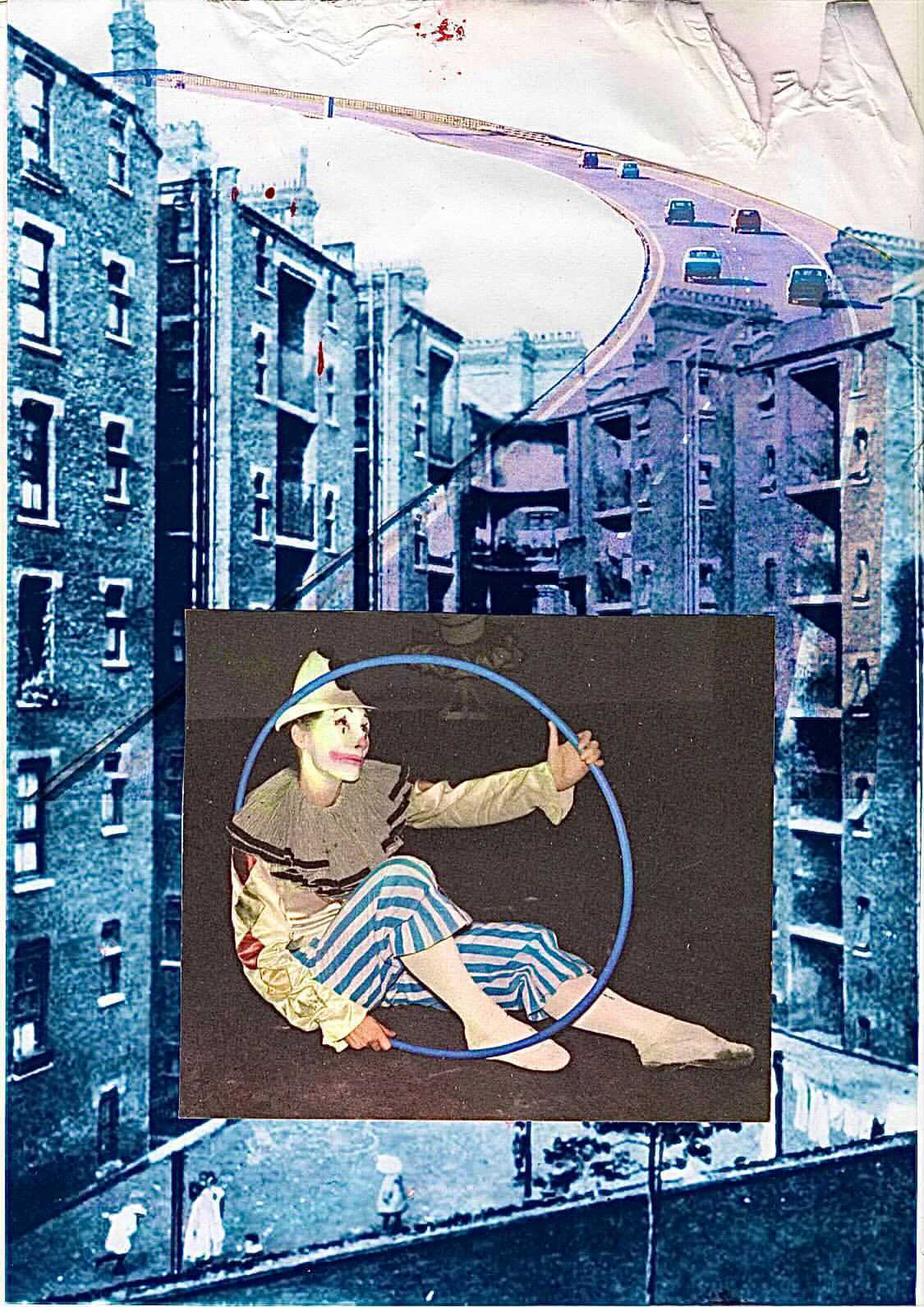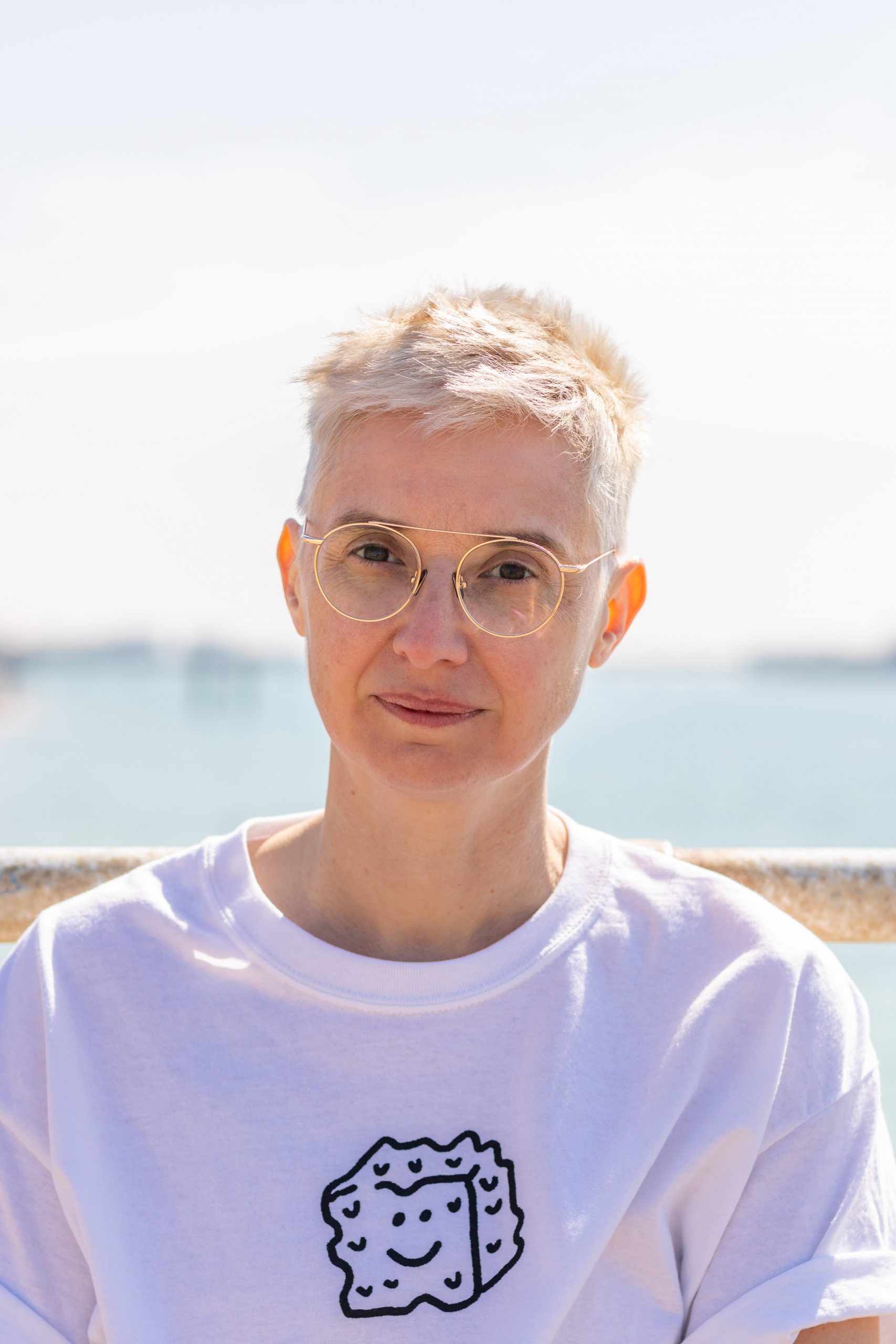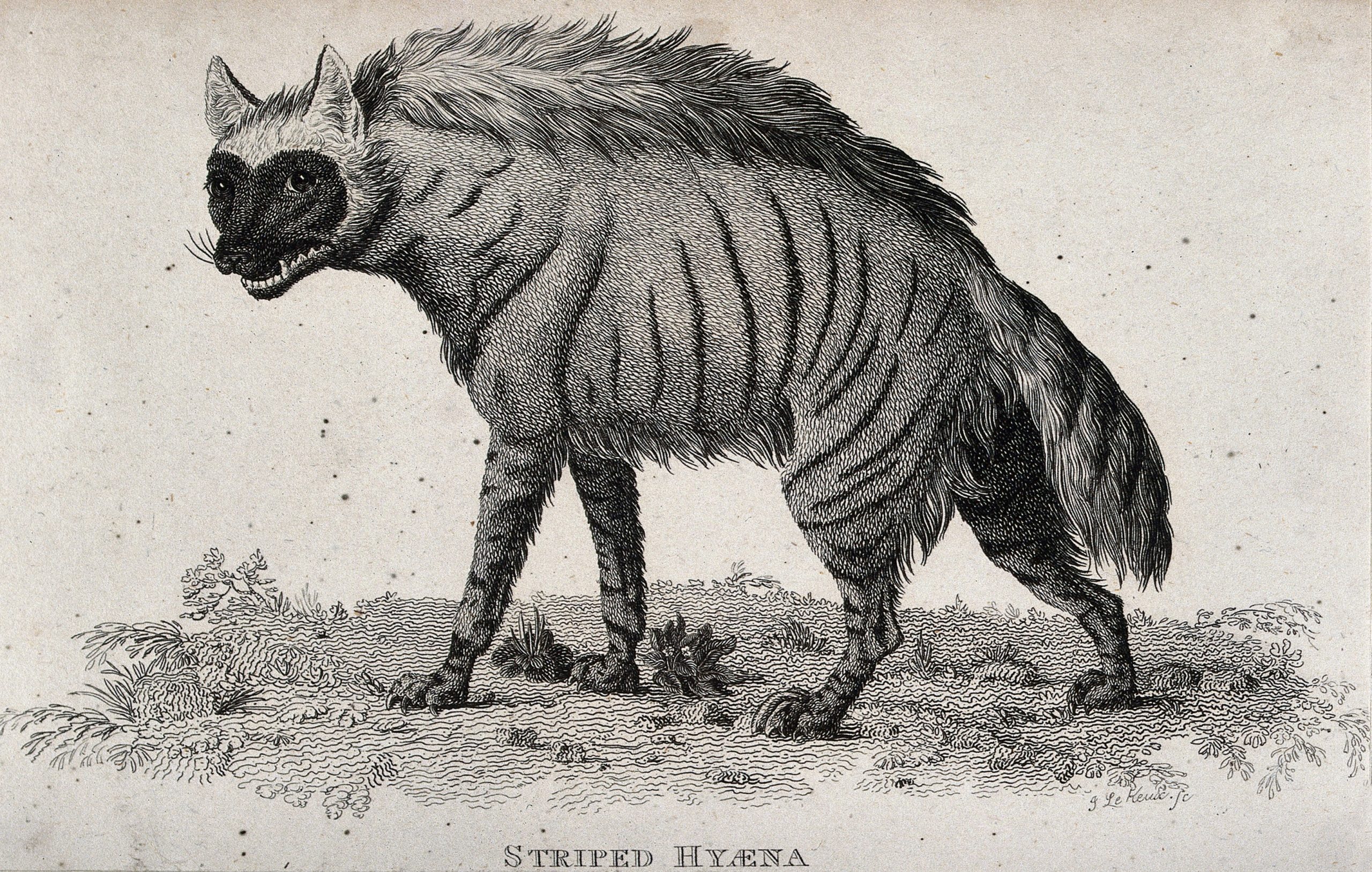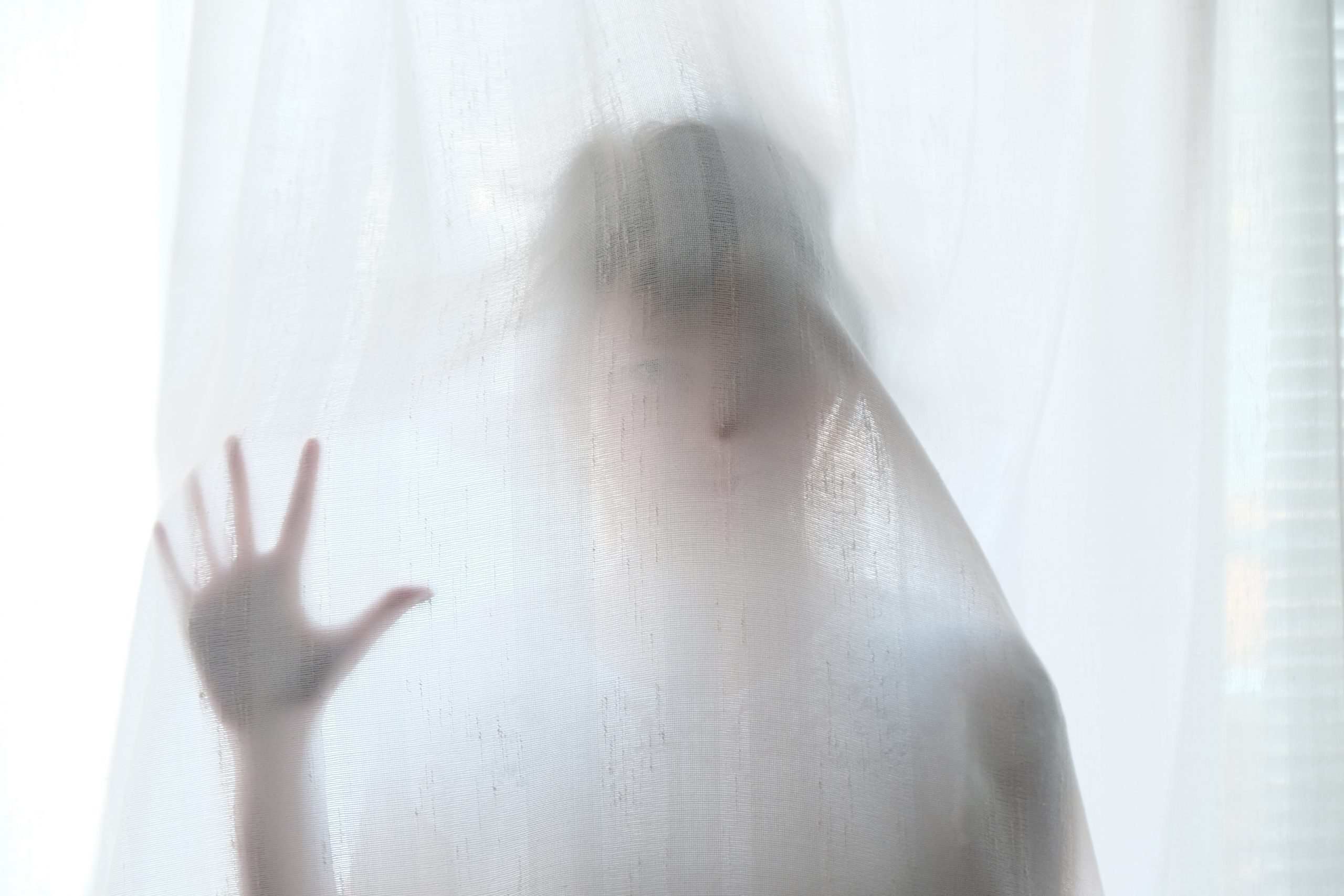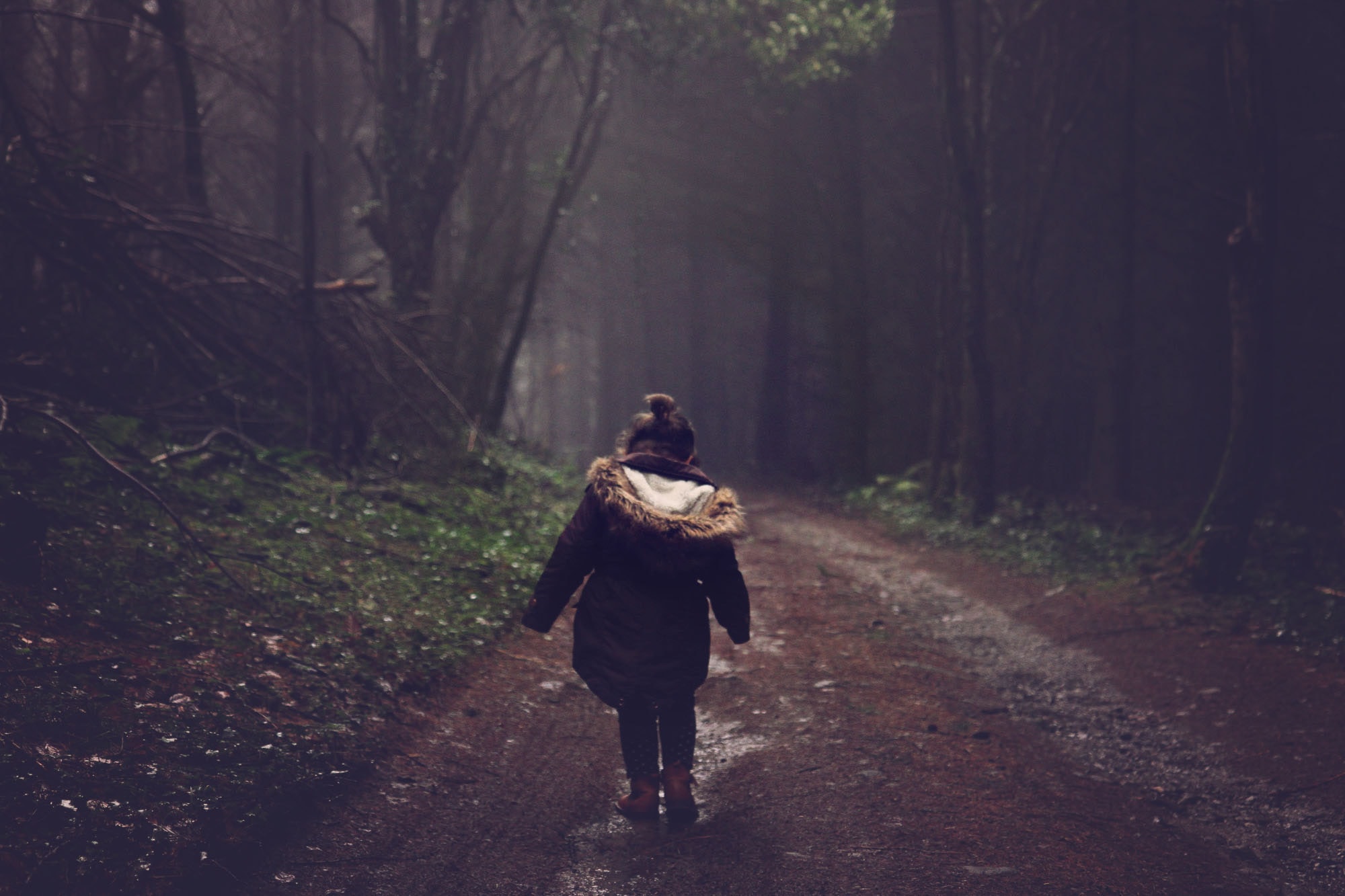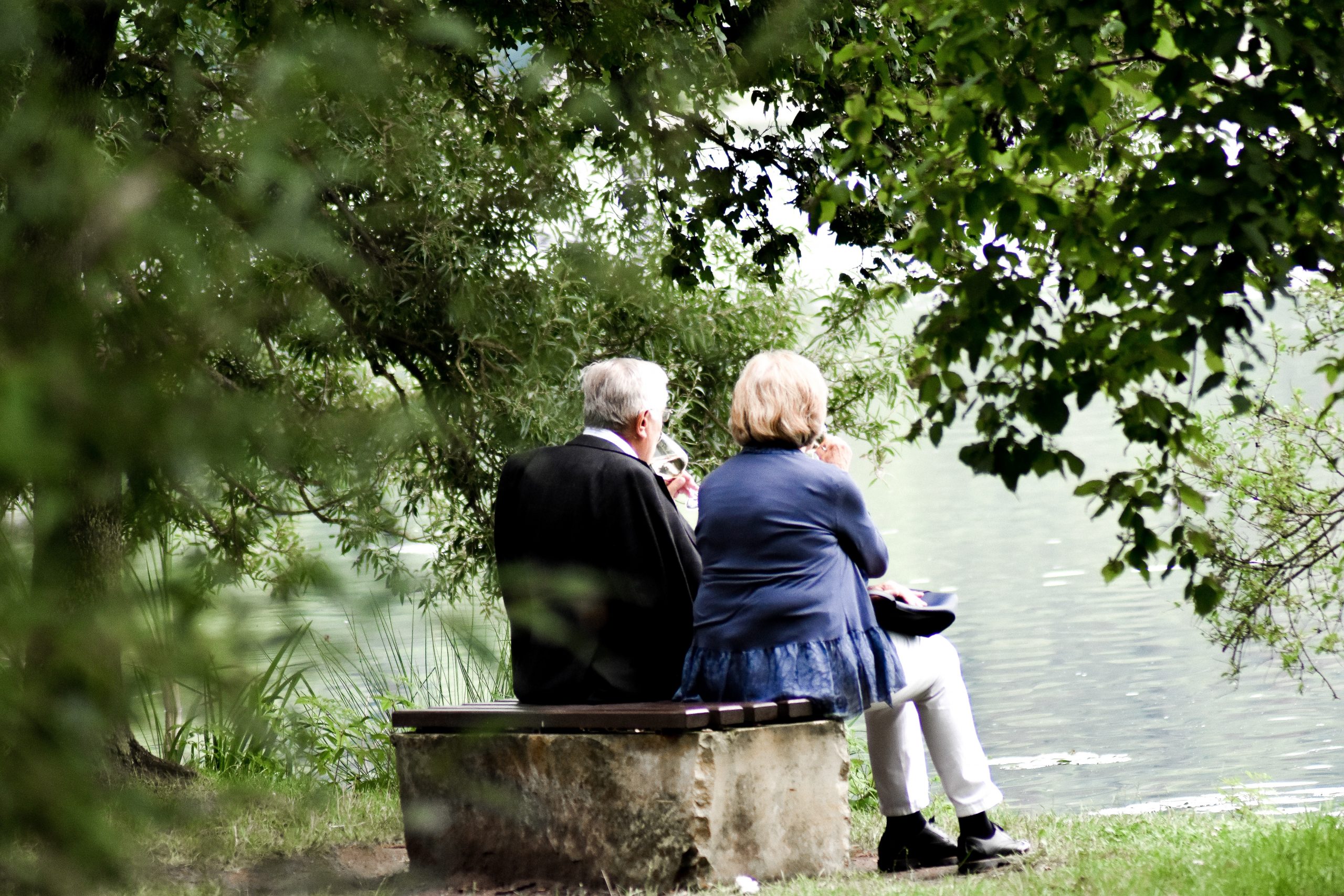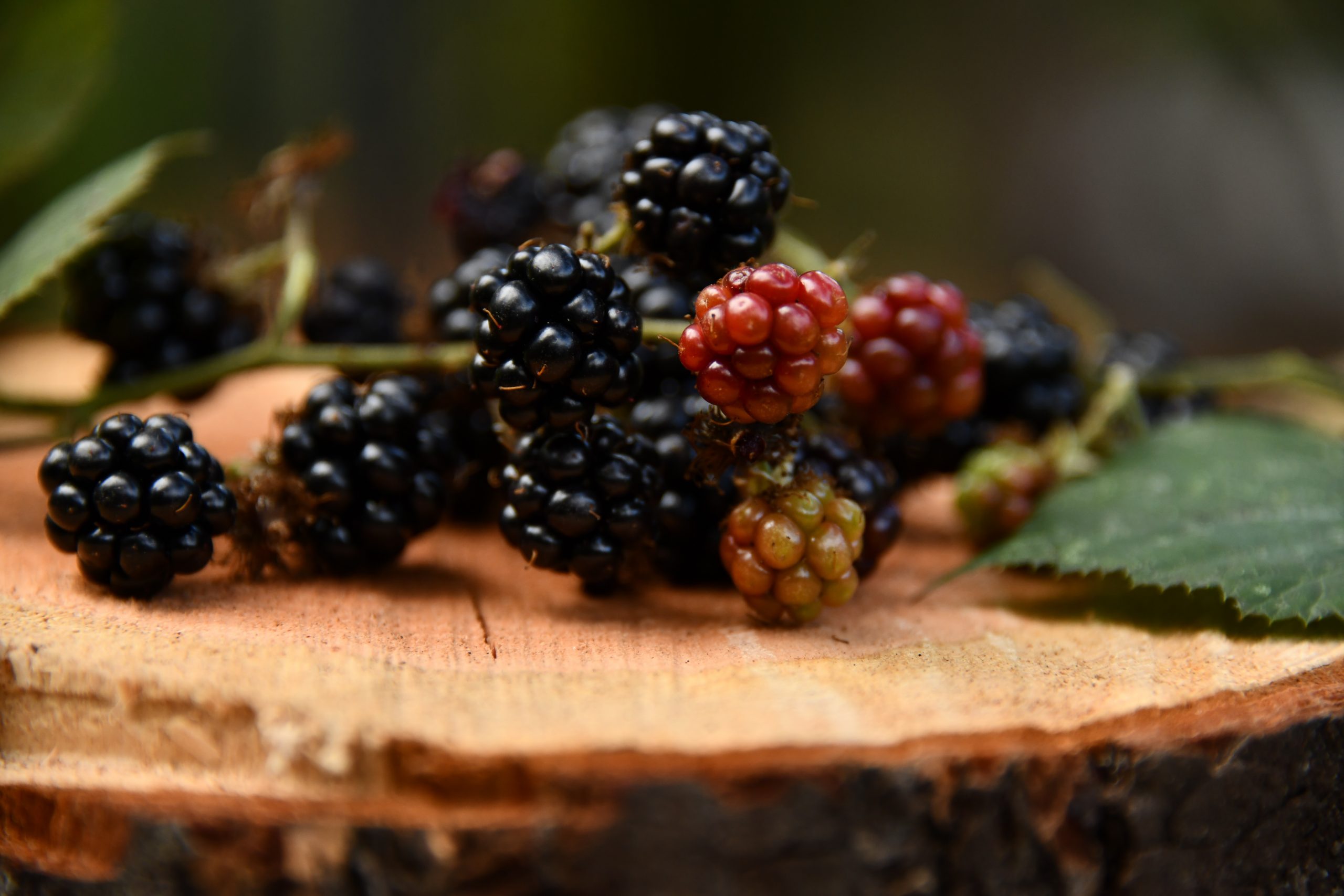It’s three in the afternoon, and the flight from Hong Kong has not been kind. The highway flows freely and the sky is a periwinkle blue Dana loves to come home to, but neither the welcoming horizon, nor the prospect of recognisable beer and home dope, nor the thought of cruising the Castro, where the crew will likely jolly and hop until they bleed tonight, interest Dana at all. On his ride downtown, he can only think of the years that have elapsed since he joined Meridian, a big blur of code and aeroplanes and meetings in dimmed rooms with presentation screens. Dana is tired of pitching. Tired of development sprints and late nights. Tired of three AM messages and value propositions. The buyouts and partnerships. The endless chorus of middle-aged men trying to understand and keep up, eating from plates of carved fruit, hoping sugar will break their desperation. Sandwich trays and security checkpoints, cocktails with tiny red straws. Today, the Bay Area. Next week, China again. Then Wisconsin, New York, Rotterdam. Eighty-nine cents a share on his options, still thirteen per cent to vest on the long trail to freedom. He has been on this highway, coming back from the airport, perhaps hundreds of times. The long curve around South San Francisco’s bald hill feels too familiar, adding to Dana’s ongoing deja vu patterns, his unhinged rivulets of time, a continuing storm of comings and goings, endless capitulations and hollow regrets, his circadian rhythms cycling through seventy-two-hour diffusions that keep him locked into an everpresent present. After seven years working at Meridian, Dana can no longer remember who he was before he joined. It is hard to imagine a future outside of it. Hard to fathom any kind of future at all.
Traffic’s not bad, says the driver.
It’s not bad for a Friday, says Dana, looking at the gulp of swallows settling on the power lines by Brisbane Lagoon. He wonders what cliff they’ve nested in and how long their flight back to their proper South American homes will be, wanting to follow them, wanting to disappear in their murmurations, one of many, no-one at all.
You going out tonight? The driver asks.
Dana wants to tell him that there will be massive parties, huge gatherings, debauchery on a world-beating scale.
Nah imma stay home probably. Too tired.
Dana showers and watches tv in bed. Eating a pickle from a jar, he pours some vodka into a Nutella glass and takes several large gulps, flicking through streaming sites, scrolling through rows of movies that won’t do, like so many vulgar and insidious offerings.
He opens his laptop and drops the gym pants he ambitiously put on when he came in. He needs oblivion. On cam sites, he can be someone else entirely. Another self, without a face. Only a body doing whatever it is instructed, abandoning all semblance of control, all vestiges of identity. A meat robot following orders.
A few random men click through. He takes his t-shirt off, pulling his underpants down. The vodka bottle rests on his hip, obscuring his crotch, a demure mechanism to invite its removal on command. A large, hairy belly and thick, uncircumcised cock fill the screen.
Can you hear me, son? says the belly, implying a dominant protocol with which Dana is familiar, a nominative paternalism that he is happy to accept. Gruff voice, mid-sixties maybe. The hand holding the cock is wrinkled and foxed with sunspots. A thick, well-worn wedding ring presses urgently on his fat ring finger. He’s perfect.
Yes I can, he says, his voice changing already, going up in pitch, evolving into a persona his body reacts to with immediacy, grateful to be released from its suited form, arching his hips backwards, accentuating his effeminate, slender frame.
How old are you? asks the belly.
Twenty-one, Sir, Adam lies, adopting the submissive parlance he knows dom daddies expect.
Are you sure you’re not younger than that? You look young.
He does, though he is much older than his lie, which is why he never shows face. His body looks like he’s still a teen, courtesy of his Hispanic heritage. Men on cam sites often want him to be much younger than he is, and often, though he feels keenly the horror of their intention, he obliges them so they’ll give him the oblivion he wants.
Maybe, he says, afraid he’ll lose him if he doesn’t play the part. He doesn’t want to go back to random rolling. He needs to get out of himself now.
That’s ok. I don’t care if you are. Better that way, actually. You ok with that? I’m fifty-three.
Yes Sir.
What are you, Asian?
Hispanic.
Are you a good boy? says the thick cock, his wedding ring flashing dully in the screen’s light.
Yes Sir, Dana says, losing his breath a little, trembling. He can feel the man’s commitment now, his first order on the tip of his tongue, and he anticipates it with a longing he cannot explain, a hunger that soaks him through, its passion and surrender an obligation Dana feels as devotional, as an inevitable servitude.
Grab that bottle, boy. I want you to take a really big swig of it and then put it down, ok?
Yes Sir, he says, doing what the man wants, swallowing several times, the ethanol burning his throat. He stills an urge to gag and puts the bottle down. He is already hard, and he can feel the man has noticed, his breath accelerating. The jerking motion of his arm makes his face shake. His beard rubs on the microphone, producing small rasping noises Dana feels as electrostatic tingles across his scalp, running the line of his spine downwards towards his buttocks and inner thighs.
Good boy. Slap that cock for me, boy.
He complies.
Harder, you little faggot.
He slaps himself again, ignoring the word, familiar with the way doms use it, unrelenting in their marital regret and dire need to dispense hurt. The pain travels through him, taking with it his memory and his name, his past and his future. Only his flesh remains.
Slap your balls, boy. And do it hard, so it hurts.
He does as he is told. Much deeper this time, the referred pain travels through his gut and stomach, the shared nerves and tissues between scrotum and abdomen recoiling in sympathy, tensing his whole body, locking him in. Nothing remains of him. His mind evaporates and only the pain is available, all other perceptive markers out of reach. His mouth issues a small lament, a half whimper, and he throws his head back, eyes rolling up. A comfortable and familiar blanket of nothingness engulfs him.
That’s right boy, moan for me. Now. Tuck your junk in, let me see what you look like as a girl.
This is the bit he most looks forward to, the bit he wishes all camdaddies would ask him to perform, though not all want it. It is the only time he gets to experience, even if briefly, the blissful state in which he feels like a real girl, when he sees the reflection of his ephemeral and temporary female form on their penile excitement, the acceleration in their hand as they jerk, the fat of their hairy bellies and sagging mantits shaking in febrile delight. It is the only time his too-feminine hips and hairless body make perfect sense. He basks in it for a few seconds, camdaddy moaning to himself, lost to his girlnotgirl fantasy, becoming a dump for the man’s most demeaning thoughts, his perfectly unmarital rage, his unseemly want, his morally decrepit fantasy, the screen a perfect prophylactic layer between the man and his desire to wreak havoc, his ultimate compulsion to breed and destroy. The sheer impossibility of it moves Dana, its sublime and terrible fate, and he feels for the man tenderly, open to his disaster, drinking his stupidity until he finishes, the screen going on to the next punter.
The phone buzzes.
Where are you? We’re out and we wanna play with you.
Dana sighs and taps a response.
Home. Just landed. Need sleep.
What are you, a hundred years old?
You know some people actually sleep right?
People do. You’re not people. You’re my genderfluid pansexual femboy Queen.
Yeah, ok.
You’re a split-tongue queer slut with occasional bloodplay tendencies and I want to indulge you.
Uh-huh.
I love you.
Sure you do.
And you need to leave that awful apartment and come join me.
No.
I will make your jetlag disappear.
Yes, and my health, and my dignity.
I will restore you and clean you.
Fuck off.
Come drink with me.
You’re so exhausting.
There’s someone I want you to meet.
Dana goes through a few more rows of desperately bad movies and realises that staying here will have consequences. The loneliness and absurdity of watching the obscure French movies he will eventually land on whilst getting drunk on his own. Waking up in the morning and wondering where this bed is, what city, what country, like a kidnap victim, until the slow realisation of San Franciscan gloom—leaden light licking window panes—creeps up through the apartment. An iced coffee and some diazepam later, the bus to the Valley will take Dana back to the 101, back to a desk and back to the penumbral misery of meetings and slide decks.
Ok. Where.
Where else.
Outside, breathing becomes easier. Dana’s lungs take in the smells of The Mission, mercurial and gamey, the pong and reek of piss and skunk, and he decides to walk to where his friend is waiting. The Help is a club hole with unusual and surprising dark rooms, peculiar drinks, and preternaturally queer punters. Inside, he closes his eyes and takes a deep breath through his nostrils. Sweat and alcohol. Musk and hate and cruel little twink secrets. Voodoo-like curses and plaintive suspirations, born of carefully metered and gleefully accepted pain. Dana misses this smell more than one should admit, is homesick for it all the time, even though it represents a sort of sexual fluency as remote and unavailable to him as well-intoned Mandarin. He has never been able to engage and keep up a semblance of their protocols for long enough for the game to tip in his favour.
At the end of the club, by the darkly lit booths where the crew are sitting and holding court, there is someone he doesn’t recognise, talking to them. Tall and sombre, louring over the booth and the small clutch of Dana’s friends huddled together in what looks like admiration, he points at a couple of them, finishing some sort of anecdote Dana cannot begin to fathom but which is obviously effective, as the whole booth shakes with laughter.
Dana!
You’re such a harpie. I was about to go to sleep.
Tosh. Meet Gabriel, his friend says, intoning the name as though he might be the actual archangel instead of a portly middle-aged man who looks like drunk Santa.
Hi, he says, now smiling through his beard, remnant chuckles shaking his ample belly, still laughing at his own joke. Dana spots a Montblanc on his jacket’s ticket pocket, the girth of a fat thumb. On his wrist, as he offers his substantial hand, the familiar contours and shine of a Swiss watch Dana has seen before in corporate alpha dom daddies, its lugs and crown protuberant in the dense white hair of his wrist.
Hello, says Dana, his size kink rearing its ugly head.
After a few hours of drinking and sharing bits of various powders, Dana cannot help the temptation to find out, to elevate his ever-evolving cam fantasy, his daddy eidolon, to a physical reality. When he invites him, he relents, disarmed by his candor, by his own lack of protocol or contract, by his smile. The elevator to the man’s apartment glides effortlessly, for long enough to evidence a high floor, somewhere above the fog. Dana cups Santa’s bulge softly, wanting the quivers in his mouth to never stop. His bed is a gargantuan spread of white sheets and large cushions, and as he stuffs one underneath the soft pleats of Dana’s hips, a little sound comes out of his mouth, an unintended moan when Santa enters him, the searing pain giving over to waves of a kind of corporeal rapture Dana has never before known. The man’s ears are large and hairy, their long helixes giving over to fat dangling lobes. Dana grabs both of them in his hands, pinching his lobules first, then grabbing the lugs entirely, his fingers behind their flesh, his thumbs digging into their cavernous triangular fossa, pulling on them to bring his whole face to his. His body rests then, his whole substantial weight, on Dana’s, as he manages to pull him close enough to feel his breath. The weight takes his own breath away, and he whispers harder into his mouth in short airless grunts until he feels wet hot tears running down the sides of his face, unaware of anything else than the distention inside him, the breaking dam of his consciousness only able to hold on to the pain, a pain he has never had before, odorous and tactile and benign, the injury and its anaesthetic delivered in the same effort, as though someone has rammed their hole arm through him and grabbed and stopped his heart. He stops breathing and closes his eyes. The man notices the tears and makes to stop, pushing himself up with his arms. Unavailed of his weight and warmth, Dana opens his eyes, grabs his whole head and pushes him down again, letting him kiss the tears away at the corners of his eyes, imagining the salty taste in the man’s mouth and hearing himself breathe come come come near the man’s ear again and again until he growls, the sound of it preciously analogue and close, the needful and joyous mirror of so many camdaddy barks and snarling incantations. Dana feels him stop and become still and marvels at his rigid, quiet ecstasy, looking into his eyes, big as plates, blue as shimmering steel. He feels broken and elevated, used and reborn, refashioned out of the littered strands of his fractured mind and forged into a vital form, a vast and cacophonous sea of feeling that he is unable to contain. The man puts a hand over Dana’s mouth to contain the scream, and Dana puts his own hand over it, pushing the man’s fingers into his mouth and biting them to stop himself from screaming again. The man smiles and topples over, grimacing as he takes Dana with him. On top of him now, his head on his chest, he looks out the window at the towers of the financial district and the twinkling sea of domestic lights beyond, lying like a frog on a boulder on the man’s large hairy belly. The city looks like a shimmering blanket of fireflies as he falls asleep on him, his large hand tugging Dana’s hair softly.
In the morning, Dana shakes the kidnapped fug off and quickly realises this place is not home. High above the din and hustle of lower terrarian creatures below, this bed sits somewhere near the top of what must be, Dana realises, Millenium Tower or some such outlandish edifice, towering over downtown, surrounded by Salesforce buildings. Dana runs his fingers through the folds in the sheets looking for a warm body, for corporeal evidence. None appears, but from beyond the two-storied glass walls, kitchen noises can be heard, the comforting sound of vapour being pressed through grains, plates being slid out of their cupboards. The man comes into the bedroom holding a tray, and Dana remembers him from the bar.
You’re awake.
Dana coughs in assent.
I thought you might be hungry. And possibly hungover.
Dana lifts the sheets, half-heartedly confirming nakedness, and looks for scattered clothes.
I put your clothes on the chair.
Dark Santa is wearing a white robe, his belly partly showing through the middle. He sits down on the side of the bed and places the tray down on its own little legs. He smiles and puts his hand on the small of Dana’s back, pushing down with gentle force. Dana’s whole body responds, flashes of the night before coming through now in cinematic force. A pulse runs through Dana’s body, an electric eel of phantom innervation and rapture, and every bone relaxes and distends, hips giving way, ribs softening.
Dana looks at the tray, sitting up.
Silver-cuffed cups with steaming black coffee. Little frozen shot glasses filled to the brim with vodka. Slices of lemon. Several oysters, and little porcelain dishes of red and black caviar. Thick curled butter shavings and dark black bread slices. Little croissants, two pots of orange marmalade, unlabelled jams.
I make the marmalade myself, at my farm.
Dana takes one of the shot glasses, downs it, and then, without speaking but looking at Santa’s eyes, which appear now to have shed their sombre shadings, shining with a clear, kind and tender watchfulness, takes a sip of coffee. It tastes earthy, as though the beans have been buried in wet ground. Dana can smell mushrooms, dark promises, quiet seas and low earth, and groans with pleasure, giving in.
Santa smiles.
Sumatra Mandheling. The beans are partly dried on the ground. Wonderful acidic balance, don’t you think?
What’s your name again?
Gabriel, says Santa, on a Saturday morning when leaden skies have been replaced by iridescent blue and gloriously distant elemental clouds in the shores beyond the bridge, on a morning when Dana can no longer contain the multitudes that usually inhabit this malformed husk, this multifarious vessel that can no more explain itself than it can usually host pleasure or interest any more, perhaps until right now, perhaps until this moment when Dana looks up at Gabriel’s kind face and launches for his lips, grabbing his polar bear cheeks with both hands, kissing him deeply, thinking I can be your untamed thing, your horny pet mutt, your genderweird femboy maidwife if you want. I’ll feed you boysmell-scented poppers until you choke, embarrassed by your want. I will give you everything. I will let you rain orbital bombardment-level twink obliteration on me.
Back in Shenzhen through Hong Kong, Dana sits in his caged tower and ponders the greyness of tech cities listening to a Berlin House playlist. The long Weekend club mixes he has lovingly curated over many Meridian years to make travel bearable. A sniff of white powder from the little snuff box, crushed Ritalin from pills he knows are safe to travel. A little swig from a vodka bottle, a few CBD gummy bears (also travel-friendly as they look like Haribo). Gabriel’s message streams through.
You’re far away.
So are you.
Where today?
Shenzhen.
Fixing the world?
Undoing previous fixes. Didn’t take.
You ever wonder whether it’s worth it.
Every twenty minutes or so.
Why not try something different?
You got any bright ideas?
Come work for me. My foundation.
Cannot work for you, and you know why. And I’m not done vesting Meridian.
I don’t want you to work for me personally. I want you to run the foundation.
No boss is bossless. You’d be on the board.
Complete freedom of operations.
No such thing, Santa.
Ok, anyway. San Francisco Opera are doing Les Indes Galantes.
?
Rameau.
?
French Baroque. Gayest Opera ever. There’s a homo wedding in it kinda. You’d like it, I promise. I know the director.
Oh.
Are you back on Friday?
Yes.
Come with? We can go to my farm after. You haven’t seen it yet.
Dana thinks about this and realises that for all of Gabriel’s soft and profound kindness, nothing will ever balance out. The pain of countless value proposition redesigns. The sprints and objectives and key results, the performance reviews, the endless emails and messages. One could surrender. One could spearhead something. One could get off the call and refuse to leverage the leveraged buyout, refuse the next martini, become untethered, burn out and drop off, like beef falling off a bone.
On the flight back, Dana benzos his drinks sitting at the bar, the upgrade fortuitous and welcome. The ride back is strange, the 101 spitting and sputtering like something has gone wrong farther down.
I don’t know what’s going on here, says the driver.
Something’s wrong, says Dana, looking at the water, the ripples at once normal and strangely unsettled.
The apartment is also wrong somehow. Unmoored, something worrying the block’s foundations. Dana drops the luggage and comes out again, finding an app rental car and moving through downtown, driving out of the city, wanting to focus on something menial, trying to shake the energy that is quickly engulfing everything.
Clear of downtown, Dana gets on to the Oakland bridge and looks at the sign for the Treasure Island exit with some bemusement, marvelling at the colour of the sky between Treasure Island in front and Angel Island on the left, Alcatraz just visible through the side of North Beach. A long line of thin Cirrus clouds point straight to Angel and towards Tiburon and Sausalito, and the Muir Woods beyond that. A perfect cornflower blue sky, deepening to dodger blue at the top of the skyline. If one went out to sea right now, the horizon’s offing would be a thick gradient line of Alice blue, Dana thinks. The fog flows bay-ward. The smell of brine and eucalyptus mixes with the car fumes and thick truck exhaust.
Dana feels like every cell in this body, this angular and pseudofeminine traitor, is singing and humming with the world, vibrating in sync with the coiled zing of the bridge suspension cables. Howling in resonance with the sea lions below. Atomised and dispersed into the fog, caressing the hills, on its way to the deep recesses of the bay. Dana feels like the Santa Ana winds. Mysterious and dangerous. Unhinged, perhaps, but not sad. Not sad. Sick with longing, but not unhappy. There is a raft of messages piling up on the phone perching on the dashboard, coming in and out of vision as they pop up on top of the maps app, which Dana has put on for no particular reason, not knowing where to go. The car drives through Richmond and into San Quentin, merging into the 101 at San Rafael, and there’s a sense of relief, the four lanes mostly empty now.
The Redwoods to the left, the car windows down, the faintest but still perceivable smell of eucalyptus and pine. By the time signs for Olompali State Park appear in the distance, the car and Dana are in a groove, affixed to the long, sinuous curves of the 101. Hands at the bottom of the wheel, seat reclined, head on its rest, he follows the long folds and crevices of the road. Car dealerships and fast food signs are slowly replaced by small rolling hills, shadows in the dark, interspersed with the occasional town. Peta Larentia. Santa Rosa. The 101 running just above the treeline, house lights and the odd mall underneath. He is a flying suburban condor, surveying the endless spread of ticky-tacky houses. The Old Redwood Highway spreads before him in a straight line, through Windsow and Healdsburg, through Asti and Cloverdale, the asphalt grooves softly bumping him, cradling him into a waking slumber. Vineyards and eighteen-wheelers, signs with pseudo-Italianate names.
A sudden patch of newly-paved highway swarms the car into silence, throwing Dana into a vacuum. Something stirs within him. A new framework of despair, a looser, wider, more encompassing paradigm. A flash of a night with Gabriel brings back the feeling of something snapping into place in his body. Trying to recall it, the image of a Hippocratic board comes to mind, atlas and axis vertebrae distending and straightening, like someone fixing a spine. It is a feeling of utter relief, Dana suddenly realises with a jolt, twitching and swerving, the car losing its lane for a moment.
He gets off the 101 and takes the turn for the 128, driving for a bit with high beams on, the light changing with gloaming. Pulling over right after Alderglen Springs, leaving the car at a hairpin bend, Dana walks fast up the hill in the dark, the moonlight lighting the way as he follows the lee of the hill, finding a gap towards its shoulder and reaching its brow, where it is lighter.
The climb is exhausting. Dana stands and looks down the other side towards the brae, falling down to another vineyard, and then looks up. A cloud of bats above the crag swoop in spiralling streams, a patchwork quilt of flapping high pitch sound, granular synthesis in flight.
Sitting down, Dana’s eyes adjust to the darkness. Rolling hills lay in the distance, slumbering giants with small vineyards at their feet. A lucid, piercing clarity invades him. The air is balmy, the soft breeze from the hills rolling over the brow. Laying down softly on the heather and log grasses, Dana feels the trembling deep within the hill, the rumbling increasing, the fault slip giving way, the stress at its edge overcoming the friction, the first of the waves travelling through him, unstitching him, his heart a wingbeat, a skiff on the shoaling tide, surrendering.
David works in biometrics software. Writing is his form of resistance. He is based in London and is currently attending the MA in Creative Writing at Birkbeck College. You can contact David here

